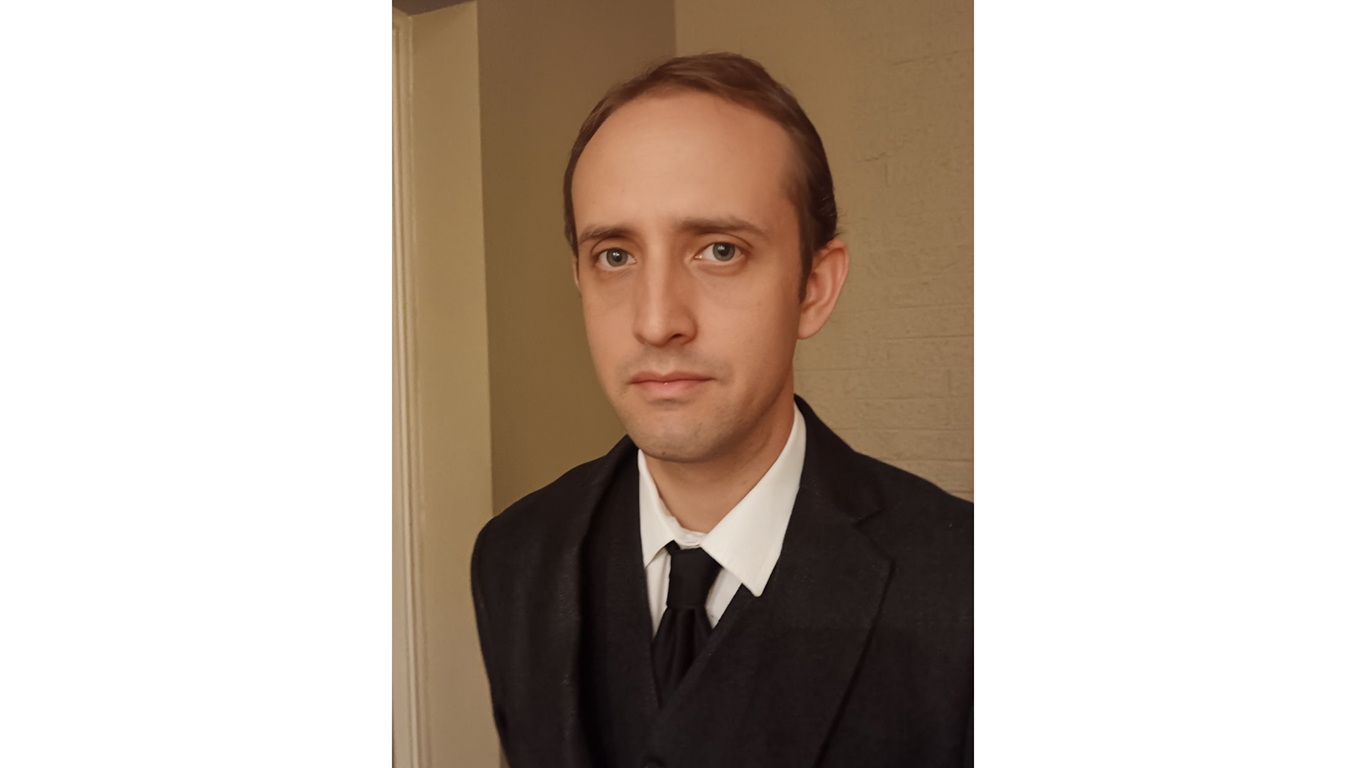Dr. Jonathan Kenigson, FRSA*
A great number of inquisitive souls have sought a clear exposition of my philosophy of teaching. Although I wish to provide them with such, I object to ever having possessed a statement with the clarity or unity of anything exceeding a bare set of reasoned pedagogical heuristics. These heuristics – which shall, for brevity, shall hereinafter be termed a “philosophy,” are due no more dignity or attention than the casual reader would propose to assign them. They collectively reflect the influences of educational perennialism as found in Plato’s Republic, Aristotle’s Metaphysics, Aquinas’ Summa, and the “Studium Generale” of the Pontifical University of Saint Thomas Aquinas. In the spirit of Adler-Aquinas, I maintain that mastery of fundamental factual knowledge is of profound importance to academic inquiry. The development of moral virtue and scholastic rigor should produce a joy for both pure and practical inquiry.
In 2021, my “philosophy of education” was compiled by London Daily Post and has subsequently been termed “Reasoned Philanthropy” in the English-speaking world. Despite my protestations that I am an educational perennialist per the definitions of the Adler-Aquinas Institute, my designation as a Utilitarian remains prominent, especially within the UK. I dispute the Utilitarian label upon two grounds: The first objection – that the philosophy with which I am credited is found in Bentham and Mill – should come as no surprise. The second objection arises from my categorical unwillingness to perform an ontological reduction of the student to an element of mathematics suited for statistical optimization – a position which I take indirectly in one of my submissions to London Mercury.
In 2022, New York Weekly published that I am indeed a Utilitarian and praised me for it. I made no reply to this piece, accepting it (as I ought) with grace and goodwill. London TV News followed this piece with a cryptic attempt at the deconstruction of my teaching philosophy, casting me as a sort of renegade madman set on the re-establishment of the classical Quadrivium of Oxford and Cambridge. Ironically, the London TV publication was closer to the truth than the London Daily Post or Influencive. Israel Mirror explored my perennialist philosophy in a more lucid manner than London TV.
A productive interview with the intellectual culture group in Jerusalem (I was in Springfield, TN) established the contiguity of my approach with the Oxbridge tutorial tradition, of which I later commented in a follow-up article to New York Weekly Education column. Most recently, Weekly Silicon Valley reflected upon my production of academic resources for medical students in the Global South, insisting that I had disrupted the status-quo of subscription-based pricing models in Asia and the UK. Harvard Business Review named me a “2022 Vanguard” (emerging industry leader) for this “disruptive” behavior, which is predictable for a man of my temperament (considering the Israel Herald piece).
I gradually began to recognize that my passivity in the process of defining an educational philosophy was doing no favors, and I set out to stem the tide of confusion in a controversial and influential series of articles in the UK, Michigan, and California. Michigan Post has proved an especially efficient venue for the dissemination of an academic philosophy of Adler-Aquinas-style perennialism. My first article for Post argues that an addiction to pointless “word problems” (and repetitive, computer-aided learning) produces in students a deep and abiding hatred for mathematical inquiry. This article trended on the front page for more than two weeks and was the subject of highly partisan debates in which I emerged as a moderate and centrist.
My second submission to Post trended on the front page for over a month and was debated by policymakers nationally and internationally. UK Reporter determined that my philosophy of service extended beyond education and into the Russo-Ukrainian War. In 2022, I crafted and received regulatory approval to offer Europe’s first doctorate in Classical Mathematics at the Vernadskiy University in Kyiv.
Respectfully,
J. Kenigson




